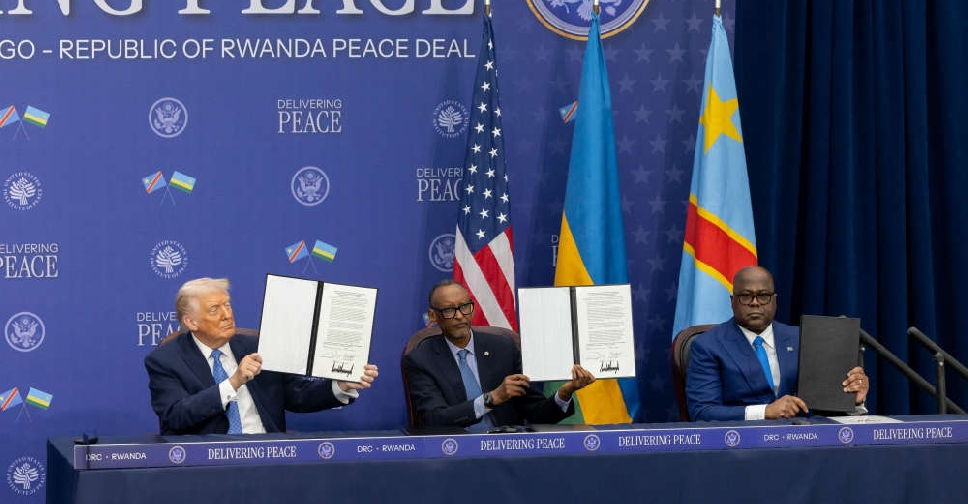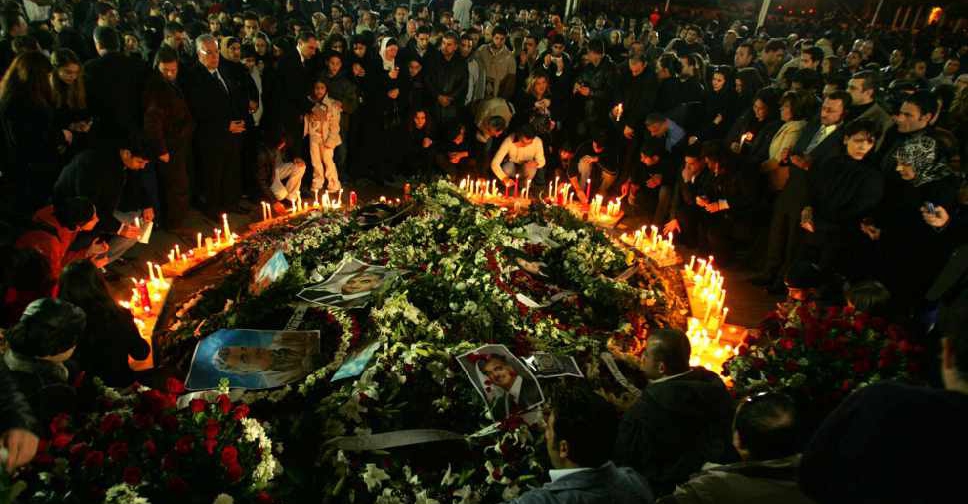
Judges at the UN-backed Special Tribunal for Lebanon are set to rule in the case of four men charged with the killing of former Prime Minister Rafik al-Hariri and 21 others in a 2005 bombing.
Hariri's assassination plunged Lebanon into what was then its worst crisis since the 1975-90 civil war, leading to the withdrawal of Syrian forces and setting the stage for years of confrontation between rival political forces.
The Hezbollah terror group has denied any involvement in the 2005 bombing.
The case has been overshadowed by the even bigger Beirut blast this month - the largest in Lebanon's history - that killed 178 people and drew outraged demands for accountability.
The judgment had initially been expected earlier this month, but was delayed after the port explosion.
The investigation and trial in absentia of the four Hezbollah members has taken 15 years and cost roughly $1 billion. It could result in a guilty verdict and later sentencing of up to life imprisonment, or acquittal.
The hybrid court, with Lebanese criminal law and a mix of international and Lebanese judges, could serve as a model if Beirut decides to prosecute this month's explosion.


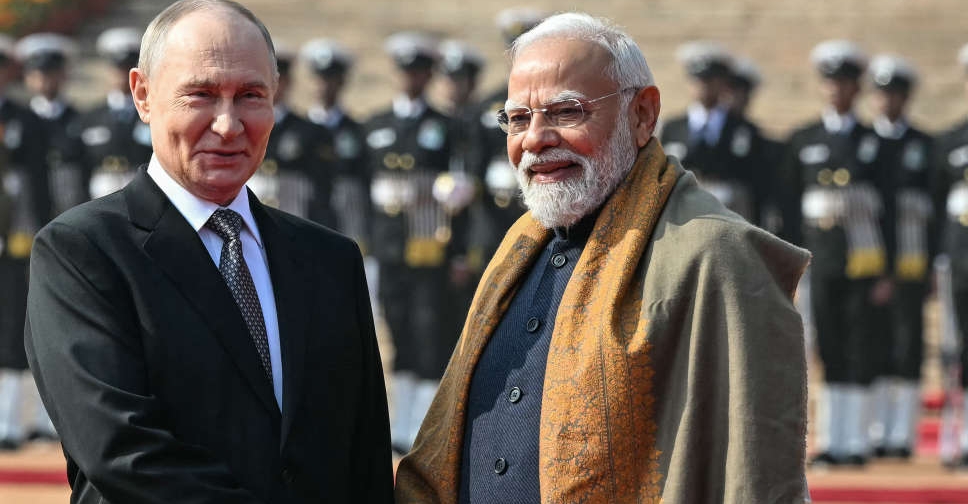 Putin and Modi discuss trade, peace in New Delhi summit
Putin and Modi discuss trade, peace in New Delhi summit
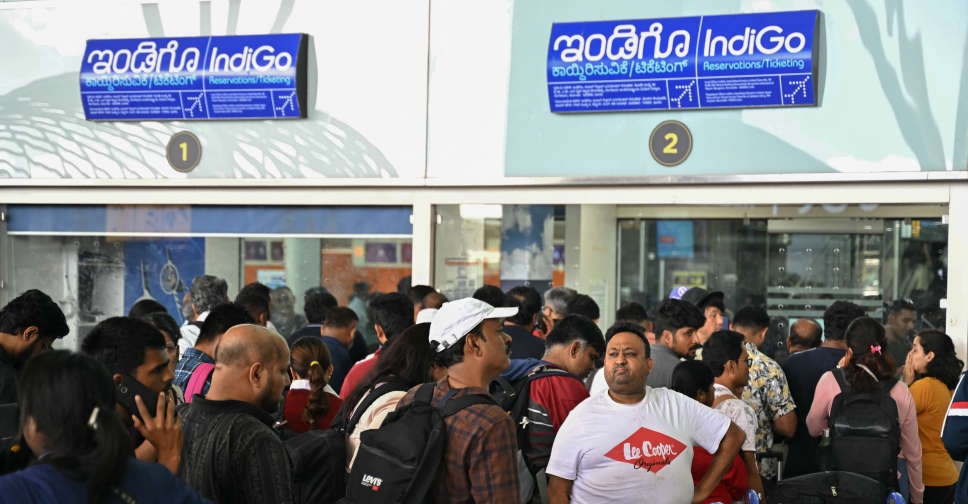 Indian air travel crippled as IndiGo's pilot crisis enters fourth day
Indian air travel crippled as IndiGo's pilot crisis enters fourth day
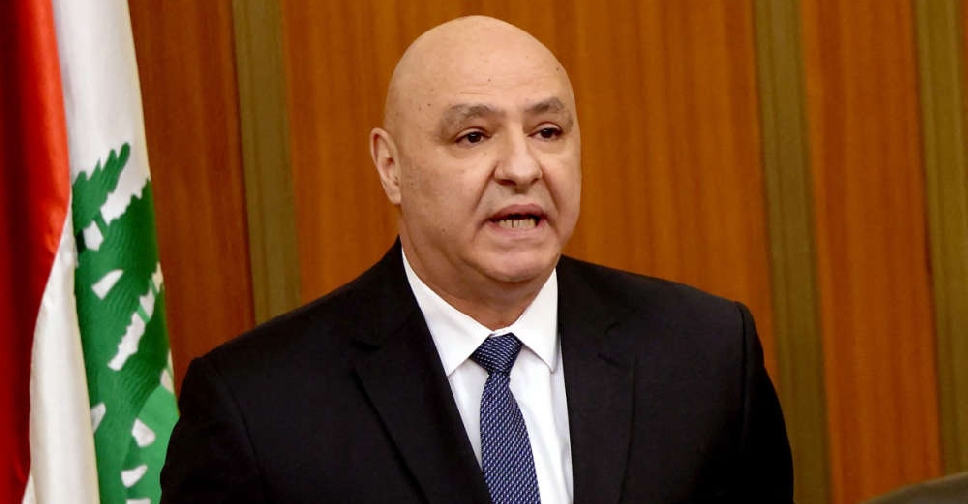 Lebanon says ceasefire talks aim primarily at halting Israel's hostilities
Lebanon says ceasefire talks aim primarily at halting Israel's hostilities
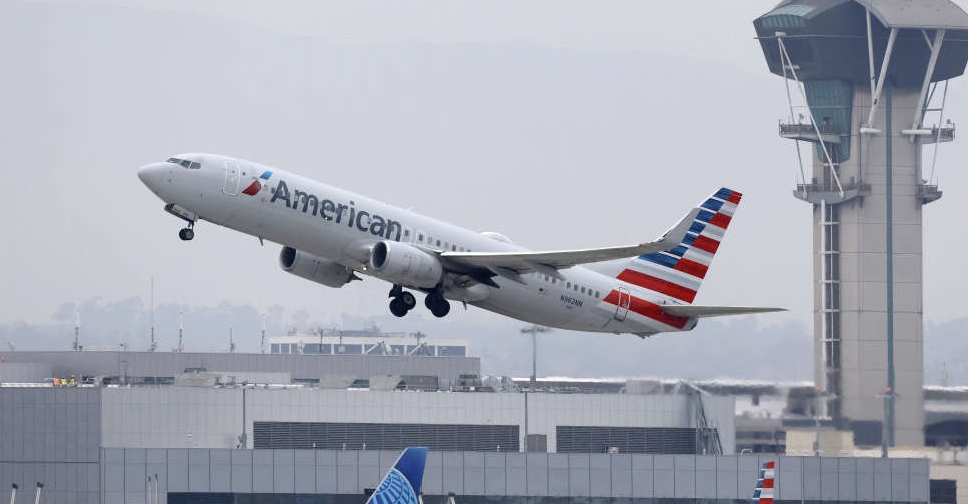 US to widen travel ban to more than 30 countries, Noem says
US to widen travel ban to more than 30 countries, Noem says
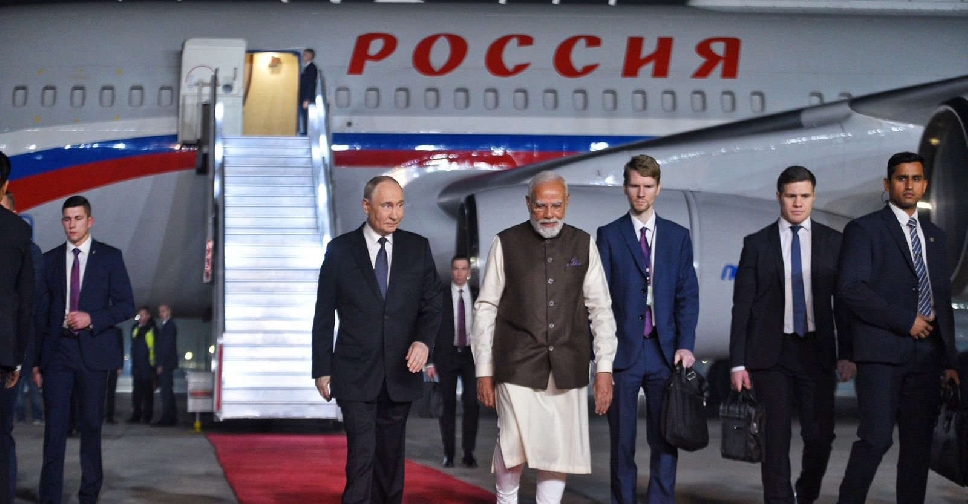 Putin visits Delhi as Russia, India seek to increase and diversify trade
Putin visits Delhi as Russia, India seek to increase and diversify trade



